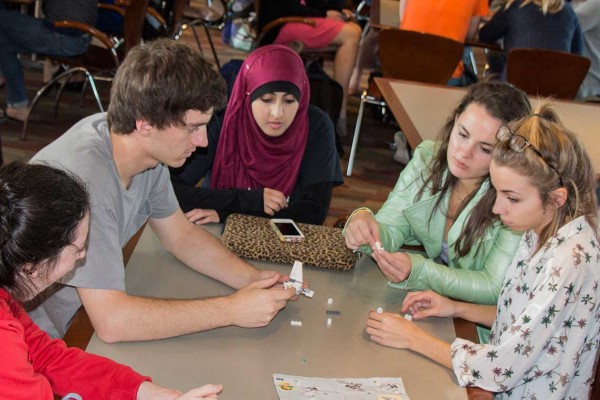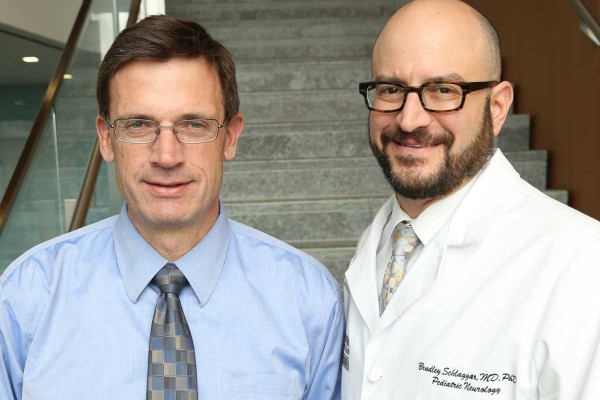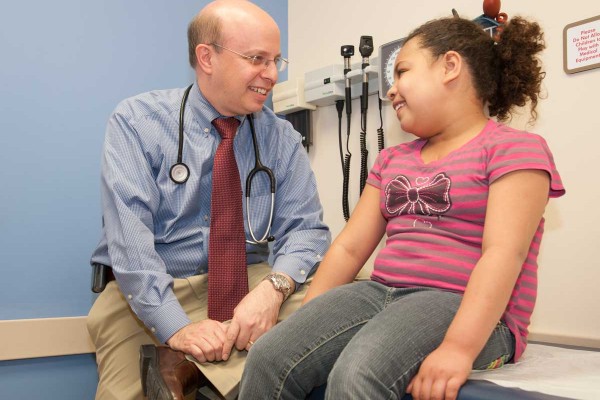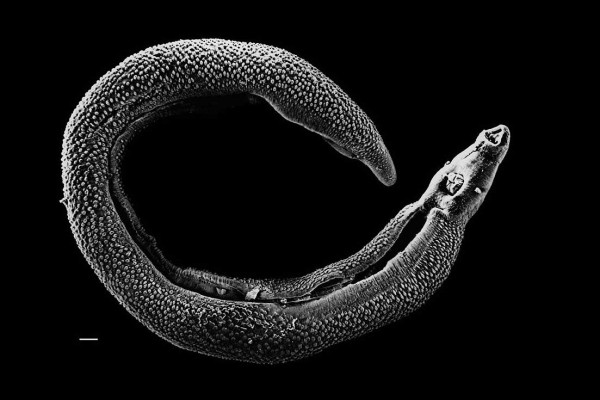New center emphasizes student teamwork
To further the goal of improving patient safety and quality in health care, three institutions — the Goldfarb School of Nursing at Barnes-Jewish College, St. Louis College of Pharmacy and Washington University School of Medicine — have created the Center for Interprofessional Education (CIPE) at Washington University Medical Center.
Study shows increase in infant deaths attributed to crib bumpers
A new study shows that the number of infant deaths and injuries attributed to crib bumpers has spiked significantly in recent years, prompting the researchers to call for a nationwide ban on the bedding accessory. The findings indicate that in the majority of incidents studied, crib bumpers were the sole cause of harm, rebutting beliefs that other items also in the cribs caused the deaths and injuries.
$6.5 million to fund research, treatment of developmental disabilities
Researchers at the School of Medicine have received a five-year, $6.5 million grant to study the physiological underpinnings of developmental disabilities in children and to use the findings to search for novel ways to improve such children’s lives. The grant renews funding for the university’s Intellectual and Developmental Disabilities Research Center (IDDRC), which is directed by John N. Constantino, MD (left) and Bradley L. Schlaggar, MD, PhD.
Personalized drug screening on horizon for multiple myeloma patients
A personalized method for testing the effectiveness of drugs that treat multiple myeloma may predict quickly and more accurately the best treatments for individual patients with the bone marrow cancer. The process, developed by scientists at Washington University School of Medicine in St. Louis, also may aid patients with leukemia or lymphoma.
Clinical trial in trauma patients to evaluate drug that stops excessive bleeding
In trauma patients experiencing severe bleeding, researchers at Washington University School of Medicine in St. Louis will evaluate a drug already approved to minimize blood loss in people suffering from hemophilia — a genetic clotting disorder — or heavy menstrual periods.
For kids prone to wheezing with respiratory infections, early antibiotics help
In children whose colds tend to progress and lead to severe wheezing and difficulty breathing — such that they are given oral corticosteroids as rescue therapy — researchers have shown that giving a common antibiotic at the first sign of symptoms can reduce the risk of the episode developing into a severe lower respiratory tract illness.
Study sheds light on why parasite makes TB infections worse
Scientists have shown how a parasitic worm infection common in the developing world increases susceptibility to tuberculosis. The study demonstrated that treating the parasite reduces lung damage seen in mice that also are infected with tuberculosis, thereby eliminating the vulnerability to tuberculosis (TB) that the parasite is known to cause.
Silverman named head of pediatrics
Gary A. Silverman, MD, PhD, has been named the Harriet B. Spoehrer Professor and head of the Department of Pediatrics at Washington University School of Medicine in St. Louis. With the new appointment, effective in April, Silverman will become pediatrician-in-chief at St. Louis Children’s Hospital and executive director of the Children’s Discovery Institute, a partnership of the school and hospital.
Washington University receives $1.6 million Gates Foundation grant
Washington University in St. Louis has received a two-year, $1.6 million grant from the Bill & Melinda Gates Foundation. Wolfgang Munar, MD, associate director for Global Social Policy at the Brown School’s Social System Design Lab and associate director of the Institute for Public Health’s Global Health Center, is the project’s primary investigator. The grant money will be used to test a novel methodology that will measure the social structures that enhance or limit adoption of modern contraceptives in rural Ethiopia.
Scientists sniff out female mouse scents that make males frisky
Scientists have identified two chemical scents in the urine of female mice that arouse sexual behavior in males, a discovery that shines a spotlight on how mouse pheromones control behavior.
Older Stories






